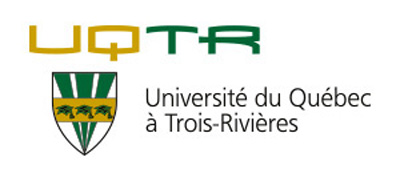Related projects
Discover more projects across a range of sectors and discipline — from AI to cleantech to social innovation.
Mitacs brings innovation to more people in more places across Canada and around the world.
Learn MoreWe work closely with businesses, researchers, and governments to create new pathways to innovation.
Learn MoreNo matter the size of your budget or scope of your research, Mitacs can help you turn ideas into impact.
Learn MoreThe Mitacs Entrepreneur Awards and the Mitacs Awards celebrate inspiring entrepreneurs and innovators who are galvanizing cutting-edge research across Canada.
Learn MoreDiscover the people, the ideas, the projects, and the partnerships that are making news, and creating meaningful impact across the Canadian innovation ecosystem.
Learn MoreThe Canadian Food Guide has recommended an increase in fresh produce in the daily diet. Although the nutritional benefits of fresh produce are well established there are continuing food safety issues, high wastage and water consumption. To enhance safety and shelf-life it is common practice to pass produce through a post-harvest wash using chlorine as sanitizer. Chlorine is reactive and forms disinfection byproducts from constituents released from produce during washing. The byproducts are considered environmental pollutants but also has low antimicrobial activity. To counter this issue, processors use increasing concentrations of chlorine and large volumes of fresh water. The project will develop a water treatment that sequesters the chlorine reactive products thereby reducing the chlorine demand of wash water. This will enable lower volumes of both chlorine and water to be applied without losing antimicrobial activity. This will save the industry significant costs and also contribute to environmental sustainability.
Keith Warriner
Jenna Alessandrini
Canadian Produce Marketing Association
Biochemistry / Molecular biology
Other services (except public administration)
Accelerate
Discover more projects across a range of sectors and discipline — from AI to cleantech to social innovation.
Find the perfect opportunity to put your academic skills and knowledge into practice!
Find ProjectsThe strong support from governments across Canada, international partners, universities, colleges, companies, and community organizations has enabled Mitacs to focus on the core idea that talent and partnerships power innovation — and innovation creates a better future.













































































































































































































































































































